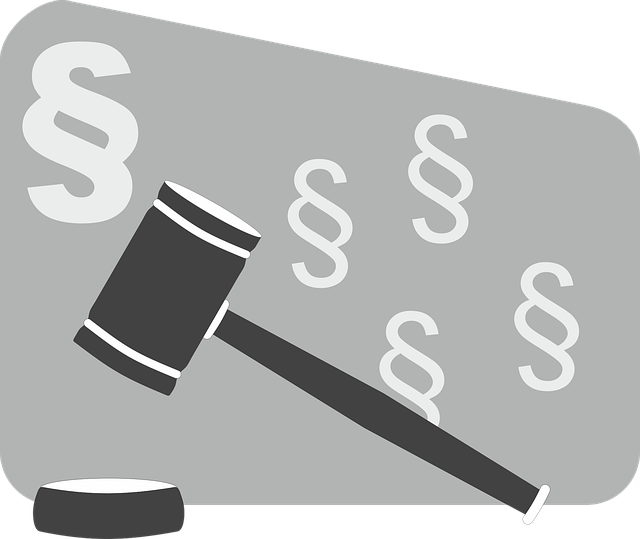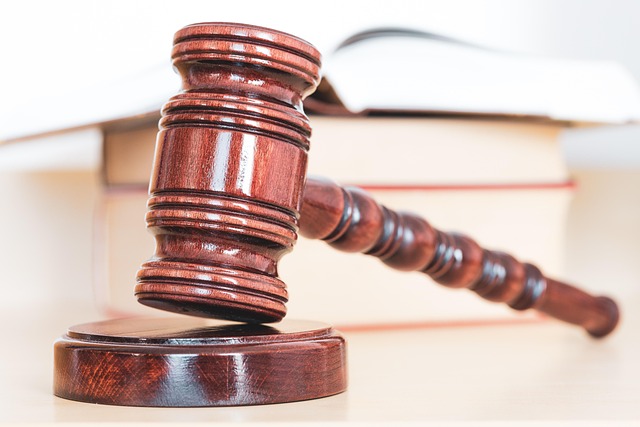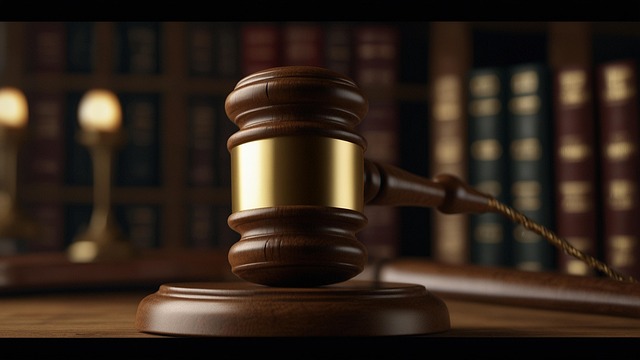Understanding legal rights, as guaranteed by the Right to a Fair Trial Constitution, is vital when facing securities scams. This ensures impartial trials, protects investors, and upholds market integrity. Proactive investor education, thorough research, and seeking professional guidance reinforce transparency and fairness in financial ecosystems.
In the high-stakes world of securities, understanding your legal rights is crucial to protecting your investments. This article delves into the intricate details of securities scams, exploring key aspects that every investor should know. We dissect common types of investment frauds and highlight the protective framework offered by regulations and the Constitution’s guaranteed right to a fair trial. Additionally, discover practical prevention strategies to fortify your investment decisions.
- Understanding Your Legal Rights in Securities Scams
- The Constitution's Role: Right to a Fair Trial
- Common Types of Investment Frauds Exposed
- Navigating Regulatory Protections and Remedies
- Prevention Strategies for Individual Investors
Understanding Your Legal Rights in Securities Scams

When it comes to securities scams, understanding your legal rights is paramount. Individuals who have been victims of such frauds do have a right to a fair trial as guaranteed by the Constitution. This means they are entitled to due process, including the opportunity to present their case before an impartial jury, a cornerstone of our justice system. In the context of white collar crimes, which often involve complex financial schemes, this process can be intricate but is designed to ensure justice is served.
Victims should remember that they have options and are not powerless against these scams. A strategic legal defense team specializing in securities law can navigate the complexities of these cases, aiming for a complete dismissal of all charges if the circumstances warrant it. Through jury trials, individuals can hold perpetrators accountable and seek compensation for their losses.
The Constitution's Role: Right to a Fair Trial

The U.S. Constitution guarantees citizens the Right to a Fair Trial, a cornerstone of our justice system. This fundamental right ensures that individuals accused of securities-related offenses receive a just and impartial hearing, protecting their liberty and reputational interests. It’s a critical balance that fosters trust in financial markets, enabling investors to make informed decisions while holding wrongdoers accountable.
Across the country, this right is crucial for achieving extraordinary results in securities fraud cases. By upholding the Constitution, philanthropic and political communities can ensure that justice is served without bias, fostering integrity within the financial sector. This, in turn, encourages ethical practices and discourages potential scams, benefiting investors and society as a whole.
Common Types of Investment Frauds Exposed

In the realm of securities and investments, fraudsters often employ sophisticated schemes to deceive unsuspecting investors. Common types of investment frauds exposed include Ponzi schemes, where early investors are paid with funds from new investors, creating a false sense of profit; pump-and-dump scams, where stocks are artificially inflated through false promotions before being sold by the perpetrators for significant gains; and market manipulation, involving the manipulation of stock prices through false or misleading communications. These white collar and economic crimes not only deprive individuals of their hard-earned money but also undermine the integrity of financial markets.
Navigating these fraudulent activities requires a robust general criminal defense strategy to protect the rights guaranteed by the Right to a Fair Trial Constitution. Investors who suspect they have been victims of such scams should be aware of their legal options and take proactive measures to avoid indictment. By staying informed, verifying investments thoroughly, and seeking professional advice, individuals can safeguard their financial interests and contribute to maintaining a fair and transparent economic landscape.
Navigating Regulatory Protections and Remedies

In the world of securities, navigating regulatory protections and remedies is a crucial aspect of safeguarding investors from scams. The Right to a Fair Trial, as guaranteed by the Constitution, plays a pivotal role in ensuring that those accused of securities fraud have a robust defense mechanism. This includes access to legal representation, impartial juries, and the burden of proof on the prosecution, which, in turn, helps maintain the integrity of the financial markets.
An unprecedented track record of successful general criminal defense strategies can be instrumental for clients facing securities charges. Skilled attorneys can challenge the evidence, cross-examine witnesses, and leverage loopholes or procedural errors to achieve the best possible outcome. This not only secures justice for their clients but also reinforces the transparency and fairness that are fundamental to a robust financial ecosystem.
Prevention Strategies for Individual Investors

Individual investors can protect themselves from securities scams by adopting a proactive approach to their investment decisions. Firstly, always conduct thorough research before investing in any scheme promising high returns with little risk. Check the credentials and history of the investment opportunity, including the reputation of the broker or financial advisor involved. The Right to a Fair Trial Constitution guarantees every investor the right to due process, so be sure to understand all legalities and potential risks before committing your funds.
Additionally, stay informed about common scam tactics by following reliable financial news sources and staying alert during market volatility. Engage with reputable financial institutions and regulatory bodies for guidance on legitimate investment opportunities. An unprecedented track record of success for his clients across all stages of the investigative and enforcement process can be a strong indicator of trustworthiness. Remember, if an investment opportunity seems too good to be true, it likely is.
In navigating the complex world of securities, understanding your rights and recognizing common scams is paramount. The U.S. Constitution guarantees the right to a fair trial, providing a framework for regulatory protections and remedies against investment frauds. By being informed about various scam types, employing prevention strategies, and leveraging regulatory tools, individual investors can safeguard their interests in today’s financial landscape. Remember, awareness is the first step towards securing your future investments.






